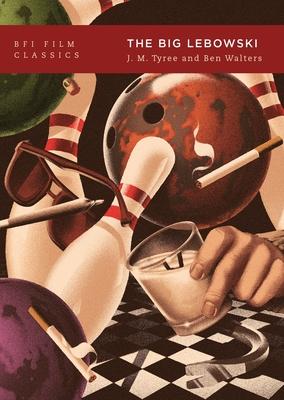Ethan and Joel Coen's The Big Lebowski was released in 1998 to general bafflement. A decade on, it had become a cult classic and remains so over 20 years later, inspiring a thriving circuit of 'Lebowski Fests' during which costumed devotees gather at bowling alleys and guzzle White Russians. Beyond its superabundance of deliciously quotable lines, how has the movie inspired such remarkable affection? And why does its critical stock continue to rise?
The film's unlikely anchor is Jeff Bridges' career-best performance as Jeffrey Lebowski, a fully-baked 1960s radical turned Venice Beach drop-out known to his friends as 'the Dude'. Mistaken for an identically-named grandee whose young trophy wife is in trouble, the Dude finds himself embroiled in an impossibly convoluted kidnap plot involving pornographers, nihilists and threats to his 'johnson'. Worst of all, it conflicts with his bowling commitments.

Ethan and Joel Coen's The Big Lebowski was released in 1998 to general bafflement. A decade on, it had become a cult classic and remains so over 20 years later, inspiring a thriving circuit of 'Lebowski Fests' during which costumed devotees gather at bowling alleys and guzzle White Russians. Beyond its superabundance of deliciously quotable lines, how has the movie inspired such remarkable affection? And why does its critical stock continue to rise?
The film's unlikely anchor is Jeff Bridges' career-best performance as Jeffrey Lebowski, a fully-baked 1960s radical turned Venice Beach drop-out known to his friends as 'the Dude'. Mistaken for an identically-named grandee whose young trophy wife is in trouble, the Dude finds himself embroiled in an impossibly convoluted kidnap plot involving pornographers, nihilists and threats to his 'johnson'. Worst of all, it conflicts with his bowling commitments.